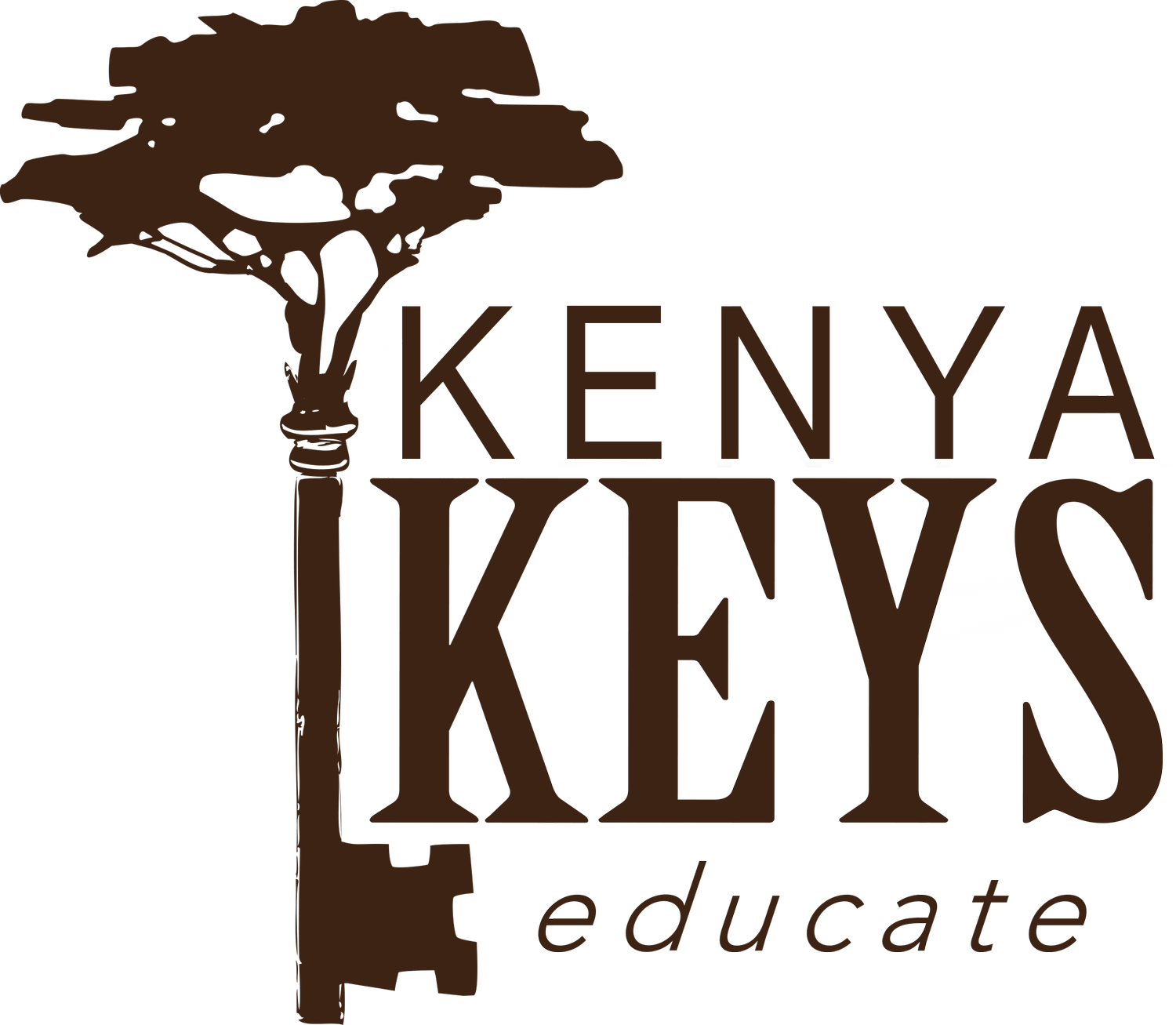The Swahili Word For...
I'm not sure why, but for most of my life (long before I ever visited Africa) I've been fond of telling people (just to be funny) that a given word means something in Swahili (e.g., "Futon is the Swahili word for concrete" or “dating is the Swahili word for awkward”). Well, now I actually know a few Swahili words (but still not the ones for concrete or awkward).
Maumivu. Hatari. Nzito. These are the Swahili words for pain, danger, and heavy. I can’t even begin to imagine the burdens, dangers, and pain that are an everyday part of these girls’ lives. But I did have one moment in Kenya, one experience that at least provided a small degree of insight into one of the smallest difficulties they face. Fair warning: the story you’re about to read is pretty gross. I’ve never really told the story to anyone, and I’m only sharing it here because I hope it will get you thinking about the girls in Kenya who need your help.
I was in Kenya during the summer of 2011. On my last day in the village, I sorted through my belongings and selected items I could leave behind—either for Kenya Keys interns who were staying or for the villagers. That morning, we left for the drive to Mombasa, but we had several interviews with students located at outlying schools along the way. About two hours into the day, I realized that I had started my period. I was in a van, driving along bumpy dirt roads, in a fair amount of pain, with no bathroom, no pain reliever, and no “feminine supplies”—I had just given them all away. We got to our next school and conducted some interviews. Then I asked an employee of the school about a latrine. She gave me directions and I headed outside to a small outhouse.
Choo is the Swahili word for toilet. Anyone who knows me well is aware of my fairly strong dislike of public restrooms. Well, this choo made every other public restroom I’ve ever seen (with one possible exception in Russia) look like an oasis.
It was terrible. I was bleeding everywhere. There was no toilet paper. There was not even a stray scrap of anything that resembled paper (leaves? bark? old plastic bag? Nope.). There was no water. Nothing. I did what I could (trust me, you don't want to know) and got through the day. Once we arrived in Mombasa, my troubles were (more or less) over. It made me very grateful for the conveniences and supplies we have so readily available. My brief nightmare, though, is replayed month after month for girls and women in Kenya. It often keeps them from attending school. Their urgent need for basic supplies even prompts some of them to prostitute themselves. Can you imagine being that desperate?
And that is not even the biggest challenge they face. From an unimaginably heavy workload to the threat of kidnapping (to be sold into the sex trade), their risk factors are immense. At best, these girls have to fight every day to stay ahead of their challenges. At worst, they may be sold as child brides (the dowry supports their families for years), forced into prostitution, become pregnant, drop out of school, and lose their hope to create a better future. M., a 14 year-old girl who is in her first year of secondary school, poignantly describes the plight of her fellow Kenyan girls: “Some children...are forced to go to the streets and beg for money for them to earn their living. Girls become pregnanted, get children, and live a very bad life...They just have nothing to do but just to live a dog’s life.”
The odds aren’t so good for these girls. But Kenya Keys is undertaking a project that has the potential to dramatically improve their chance for a happy, healthy, and successful future. It’s called the Usalama Project.
Usalama is the Swahili word for safety. Kenya Keys created the Usalama Project to provide safety and security for girls in our service area. Some girls only need a little empowerment, others need a full-scale rescue. The Usalama project oversees the distribution of sanitary kits, hosts conferences for girls, creates girl-led mentorship opportunities, and rescues girls who are in extreme need and danger. You can learn more and get involved by visiting kenyakeys.org. The Usalama Project opens the way for at-risk girls to create a completely different world for themselves.
Matumaini. Furaha. Maisha. These are the Swahili words for hope, joy, and life. And that is what you are really giving the girls in Kenya.

